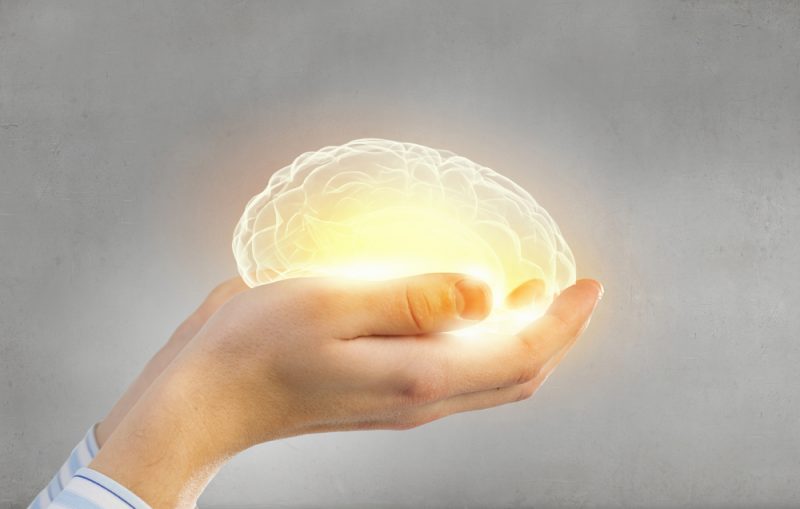How Do Drugs Affect Your Mental Health?
When we talk about mental health, we’re referring to the psychological and emotional well-being of an individual. A person who is in good mental health does not suffer from a mental illness, and their own personal outlook on life is generally optimistic.
The stigma around mental health is quickly breaking down, as more and more people are talking about issues with mental health and how it affects our everyday lives. No one is immune to problems with their mental health, and there are both internal and external factors that can affect it.
For those individuals who ingest drugs or alcohol on a consistent basis, these substances can make a huge difference in your mental health. It is helpful to know just how and why this happens, so individuals can make more educated decisions that affect their well-being.
Drugs and Mental Health
So, how do drugs affect your mental health? Drugs are a prominent external factor, considering that they can have a significant effect on our emotions and behaviour. Some drugs, including marijuana, alcohol, cocaine and heroin are all popular substances, which have the ability to arouse various emotions and downplay others.
When we ingest these substances, they immediately begin to tamper with the chemicals in our brains. The messages that the chemicals would normally send are slowed or skewed, and we often feel and think much differently than we would in a sober state.
Although many people choose ingest drugs or alcohol for the short-term rewards, it is vital to know that these feelings are fleeting. There are far more unhealthy, even dangerous short-term and long-term effects to take into consideration.
Related article: The Most Important Things You Need to Know about the Centre for Addiction and Mental Health
Short-Term Effects on Mental Health
Psychoactive drugs such as alcohol and marijuana can have immediate effects on mental health, even if they have only been taken once. While not every experience will be the same for every individual, some of the less comfortable feelings that may arise include anxiety, depression, mood swings and psychosis.
Anxiety caused by substance use can result in full-blown anxiety attacks, where an individual will experience a faster heart rate, sweating and fear of losing control.
Mood disorders can also occur as a result of short-term drug use. Individuals will feel extremely down and depressed, irritable and tired, followed by elevated emotions that create delusions and impulsive behavior. This can be caused by cocaine, heroin, amphetamine, etc.
Long-Term Effects on Mental Health
Not everyone experiences long-term effect; it is suggested that some drugs may trigger mental illnesses we were unaware of, or alter or brain chemistry in a different way than others.
Depression is one of the long-term effect on your mental health, and it’s often caused by the emotional roller-coaster caused by drugs such as ecstasy. When the individual is high, they will feel happy and euphoric, and when they are down they will feel an intense sadness.
Schizophrenia is another serious, long-term effect on mental health. There have been connections made between cannabis and schizophrenia, which can occur from pre-existing triggers that users didn’t even know they had.
Schizophrenia can have a serious effect on mental health by creating hallucinations and confusion that make an individual question who they are and what is going on around them.
If you’re wondering how do drugs affect your mental health, keep in mind that every individual is different. What one type of drug does to one brain, won’t necessarily happen to another. To avoid mental health issues, it’s best to avoid substance use as much as possible, to maintain your overall mental health. Feel free to contact a treatment centers in Vancouver. Call Inspire Change Drug Rehab in Vancouver for addiction treatment programs.



